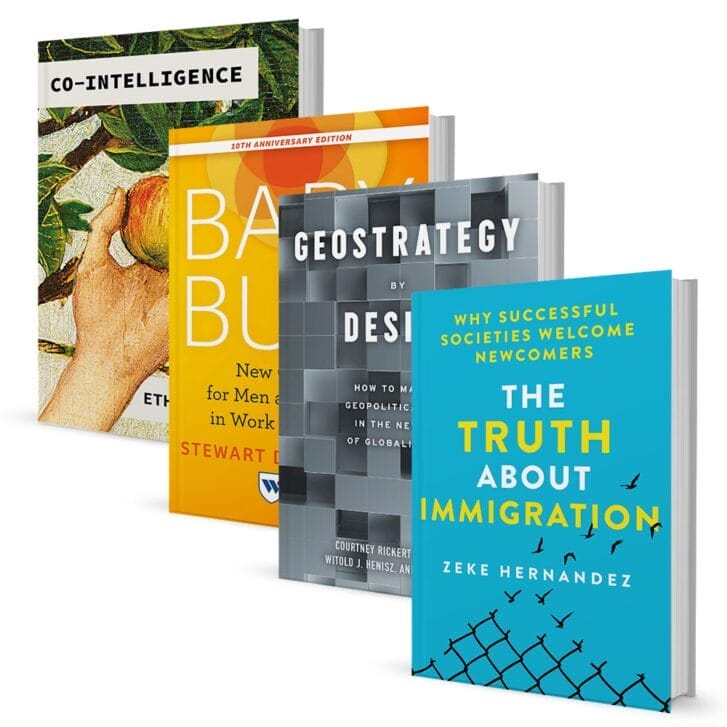In another installment of Wharton Social Impact Initiative’s Impact Entrepreneurship Week, Senior Director of WSII, Jacob Gray, weighs in on the secret to success as an entrepreneur. His advice: keep it simple. Read the rest of the impact entrepreneurship week series in the blog archive.
Building a successful, scalable business in any industry is hard. The social enterprise—or impact enterprise—is characterized by an extra degree of risk, or even uncertainty, that is inherent to the very nature of impact work. In general, impact businesses either 1. provide products/services or employment to a vulnerable beneficiary, or 2. provide products/services or employment in a developing market context.
In my coaching sessions, I’ve noticed that the most promising impact entrepreneurs begin with a healthy respect for this extra degree of difficulty, and therefore keep their intervention as simple in execution, limited in scope, and relatively minor in innovation as possible. The challenges inherent to any impact business are enough without unnecessary added complexities. So take the time to simplify your approach. Are you taking on more complexity than you should at this point in the life of your venture? Cramming too many social or environmental interventions and innovations into one business model may introduce levels of risk and uncertainty that reduce the chances of success dramatically. They can also render the idea un-fundable as a business, even by an impact investor, and push the concept into a realm requiring philanthropic capital.
For example, providing smallholder farmers in sub-Saharan Africa with access to farm credit is challenging and risky. This intervention serves a vulnerable beneficiary in a developing market for capital. The product offering however— farm credit—is a very traditional and well-understood product in developed market contexts and among less vulnerable borrowers. But this intervention (which organizations such as Root Capital provide successfully) could so easily be rendered un-fundable by overly-aggressive impact goals. Imagine if the financial product offering were more innovative—smallholder crop insurance, for example. Or if the beneficiaries were even more vulnerable—tenant farmers rather than small farm-holders. Or if the market context was less stable—Sudan vs. a country like Rwanda or Kenya. Soon, what was a viable business starts to look like an international aid NGO—and a risky one at that. The advice I give young entrepreneurs is to simplify the intervention to as few innovations as possible.
Highly intelligent young entrepreneurs can often over-engineer their solutions. Simply providing beneficial products and services to an under-served market or community is itself an innovative act, laudable in its own right.
Editor’s note: This article was originally published by Wharton Social Impact on April 27, 2016.


























